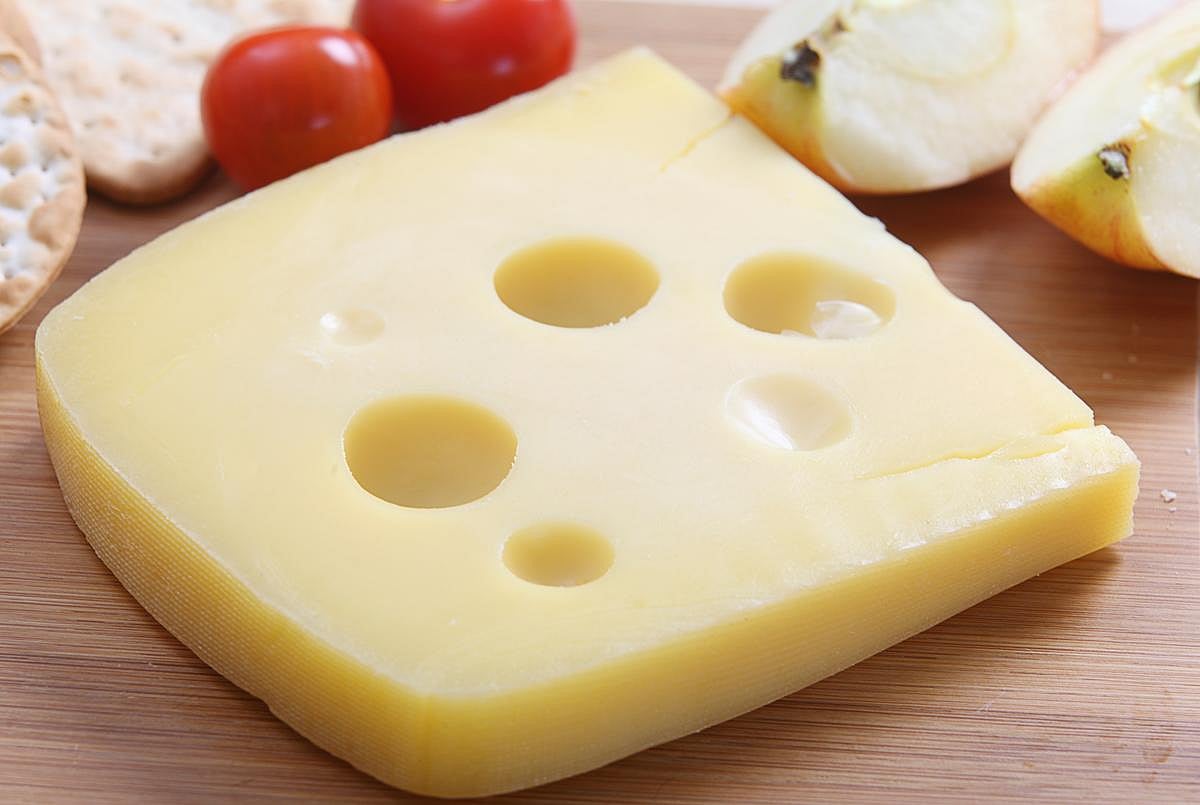Manténgase sano!

- Posted January 18, 2025
The Future of Plant-Based Cheeses
A slice of tasty, stretchy, creamy cheese may soon be easier to come by for those on a dairy-free diet.
Researchers in Canada are working to create plant-based cheeses with all the taste and texture of traditional, dairy cheese but with healthier and more sustainable ingredients, according to a new research review published Jan. 14 in the journal Physics of Fluids.
Scientists from the University of Guelph and Canadian Light Source Inc. are studying plant-based proteins and their interactions to mimic the melting, stretching and oil-release qualities that make cheese so, well, delicious.
"If you wanted to strictly only eat plant-based products, you would end up eating a lot of beans and tofu, which can be little bit boring after a while," study author Alejandro Marangoni, a professor in food, health and aging at the University of Guelph in Ontario said in a news release.
"Now, consumers expect essentially the same animal product but with plant-based ingredients, which is very difficult," he added.
Marangoni’s team looked at proteins from lentils, faba beans and peas, combining them with oil blends to create a satisfying cheese-like texture.
A blend of 25% coconut oil, 75% sunflower oil and pea protein provided a texture that matched, and in some cases outperformed, cheeses made entirely with coconut oil.
Researchers found that the interaction between pea protein and coconut oil increased the firmness and maintained the cheese's ability to melt and stretch.
What's more, replacing a bit of coconut oil with sunflower oil reduced the cheese’s saturated fat content, creating a healthier product without limiting flavor.
"Ultimately we want to improve the nutrition, increase the protein content, and lower the saturated fat content of cheese alternatives," Marangoni concluded. "But keeping all the functionality in there, which includes the melt and the stretch of the 'cheese,' is very difficult."
More information
The journal Nutrients has more on the nutritional value of plant-based cheese.
SOURCE: Science Daily, news release, Jan. 14, 2025







